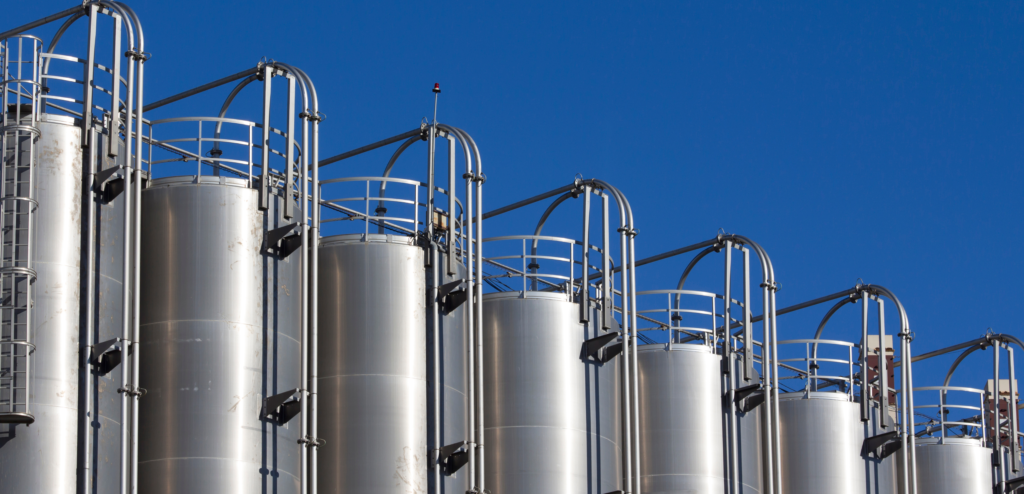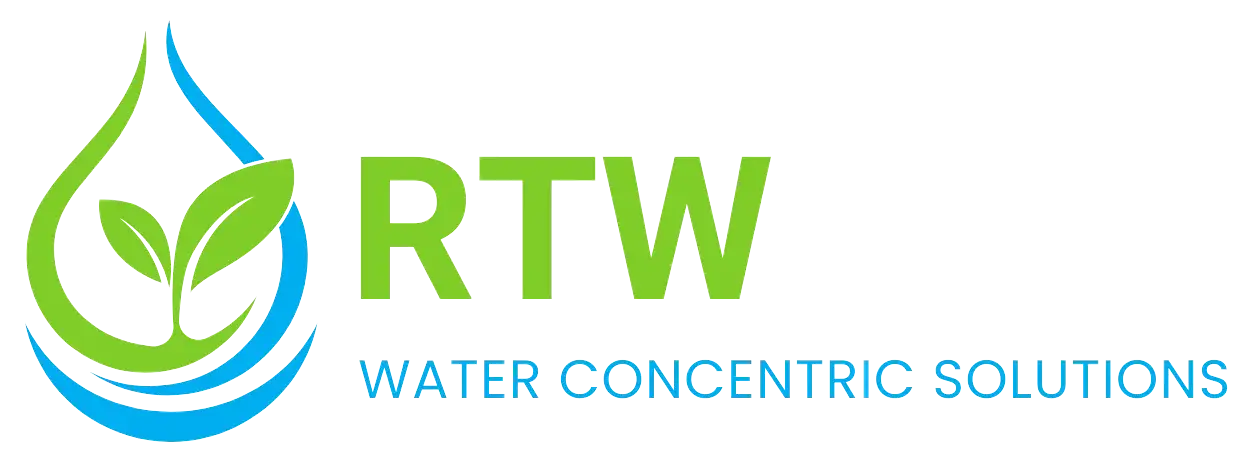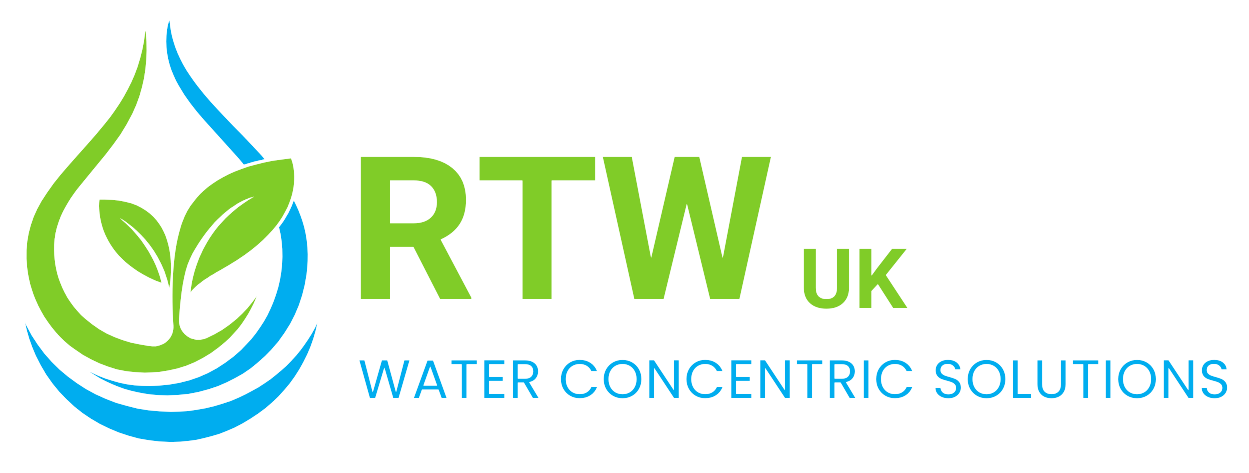Wastewater Treatment in Chemical Industry
- Chemical Industry
Chemical Industry
The chemical industry plays a central role in modern society, producing materials that support agriculture, healthcare, construction, manufacturing, and everyday consumer products. From fertilizers and pharmaceuticals to plastics, coatings, and specialty chemicals, the sector fuels global progress and innovation. Yet, this progress carries significant environmental responsibilities. Wastewater from chemical production often contains complex mixtures of hazardous substances, including heavy metals, synthetic compounds, and persistent organic pollutants. If not properly managed, these byproducts can contaminate water, soil, and air, creating risks for ecosystems and human health. With growing concerns about climate change and resource scarcity, sustainable water management in the chemical sector has become a critical priority.
RTW UK is dedicated to addressing these challenges by delivering advanced wastewater treatment solutions designed to meet the specific needs of chemical manufacturers.

Problems Faced
| Challenge | Description |
|---|---|
| Diverse Product Range | The industry produces thousands of different substances, each with unique chemical compositions that influence the nature of wastewater. |
| Complex Wastewater Streams | Effluents often contain a mix of organic and inorganic contaminants, requiring specialized and adaptable treatment processes. |
| Toxic and Persistent Compounds | Many chemicals are toxic, mutagenic, or carcinogenic, while some are resistant to conventional biodegradation, complicating treatment. |
| Variable pH and Temperature | Wastewater from chemical processes often fluctuates in acidity and heat, demanding robust systems that can handle extreme conditions. |
| Climate-Related Pressures | Water scarcity, extreme weather, and global climate impacts affect operations and add urgency to sustainable water management. |
| Balancing Cost and Sustainability | Companies must manage resources responsibly while maintaining profitability, requiring solutions that are both effective and economically viable. |
Vision and Strategic Goals
Environmental Responsibility
Reducing the impact of wastewater on natural ecosystems remains a top priority. Effective treatment helps protect rivers, lakes, and groundwater from contamination.
Regulatory Alignment
Adhering to national and international wastewater quality standards is essential. Continuous monitoring ensures compliance and demonstrates commitment to responsible operations.
Resource Recovery
Reclaiming valuable byproducts such as metals, chemicals, and energy supports a circular economy and reduces dependency on raw resources. Treated water can also be reused to cut down on freshwater demand.
Energy Efficiency
Improving energy use in treatment systems lowers costs while reducing the environmental footprint of operations.
Reducing Hazardous Discharges
Targeted treatment prevents the release of toxic and harmful substances, safeguarding both the environment and public health.
Innovation and Research
Ongoing investment in new technologies, including advanced filtration, oxidation, and biological processes, drives improvements in sustainability and cost-effectiveness.
Collaboration and Knowledge Sharing
Partnerships with research bodies, regulators, and industry leaders strengthen collective progress in wastewater management and environmental stewardship.
Path to Net Zero
Many chemical companies are working toward Net Zero water discharge, where the volume of water withdrawn matches the volume treated and reused. Achieving this goal supports global sustainability initiatives and strengthens long-term resilience.
RTW partners with the chemical sector to design and implement tailored wastewater treatment solutions that align with environmental and operational objectives. Through innovation, collaboration, and a commitment to sustainability, RTW is advancing the industry toward a future where chemical production and environmental protection move forward together.

